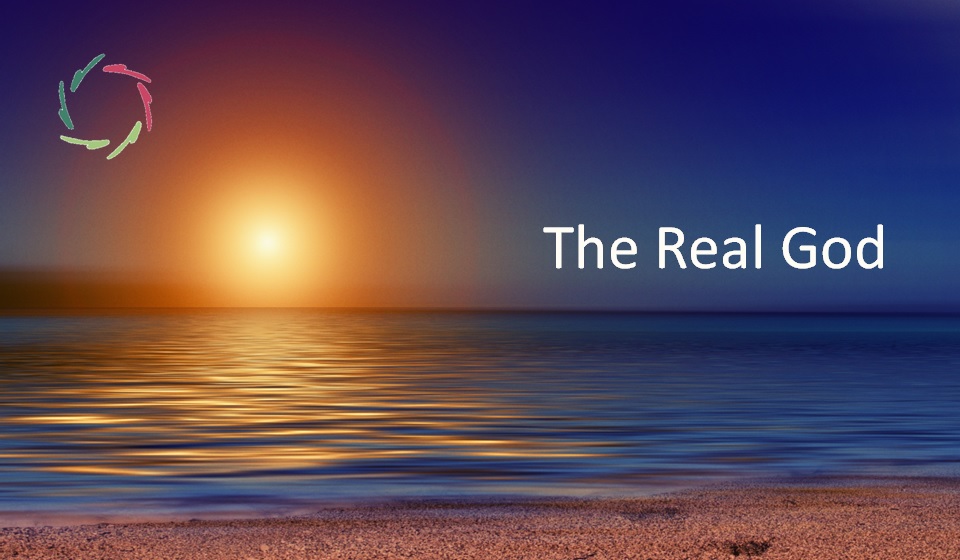Open Religion = Poetry

Respect is due to all people, but not to anything just because it’s called ‘religion.’
Open religion = poetry.
Let’s just say: religion = poetry. I’m not talking about words, rhythm and rhyme, although poetry of course can also be cast as such. It’s also much wider: the poetry of any art, the poetry of a beautiful sunset, a smiling face, the love in one’s eyes, the inside of a church or temple… There are degrees in poetry. It can be very artful or less artful, deep or superficial.
The ‘religion = poetry’ stance may not be religiously correct.
God-believing people might feel offended. I do my best not to offend them, but sometimes offence is unavoidable, either in one direction or in the other. The only solution might seem to not speak out. That might be ‘religiously correct’ but to me, not ethical. Moreover, not-speaking-out may also be offensive. Not-being-allowed-to-speak-out, even more. Opinions need to be voiced for real and durable solutions to be crafted, at best, in mutual respect. To many people – as to me – free speech is ‘sacred’ but – according to me – it presupposes human respect. There is no freedom without at least an endeavor to the latter. There is no free speech also without thoughtfulness. Within this mindset, I hope the following will cause the least possible offense.
The ‘religion = poetry’ stance proposes an immense expansion of the religious domain.
Personally, I feel very religious without any god-belief outside of poetry. Even more, a poetic person may be more religious than many who abide to a god-belief… or so they show themselves.
In the following, I use ‘god’ between brackets to indicate an entity or agent (willful entity) that/who is the main subject in what any number of people see as their god-belief. This is quite circular but you get the meaning.
In the ‘religion = poetry’ stance, something is not religious if it’s not poetic.
There is nothing poetic about believing that it’s going to rain tomorrow. Using the word ‘belief’ or ‘believing’ is clearly not enough to be poetic.
For instance, is it poetic to believe that god is a man with a white beard sitting on a cloud, continuously watching you and judging you? Hardly so. Talking about ‘god’ is not enough to be poetic. I also don’t see any poetry in the need or demand to literally believe in what is written in a god-book.
Using ‘god’ as an explanation for what is culturally not yet understood – such as thunder and lightning used to be – is not poetic by itself. It’s just a pre-scientific explanation.
Using god-belief as a source for ethical boundaries, is by itself not poetic.
To a poetic person, a non-poetic god-belief may be deeply hurtful in its insistence that ‘god’ is about something devoid of poetry. As to god-believers, I see their endeavor as worthwhile to the degree that it’s infused with poetry, to the degree that what they feel and do, has a poetic-symbolic ground.
Conclusion: a god-believer who just believes that ‘god is there’ with no poetic interpretation of this sentence at all, is not an open-religious person. If from such a standpoint, such person says that ‘I must believe’ or that ‘I must not do X or Y’, I don’t see this as a ‘religious’ claim which that person can make. I don’t offend his religion if I do X or Y, because he has none.


